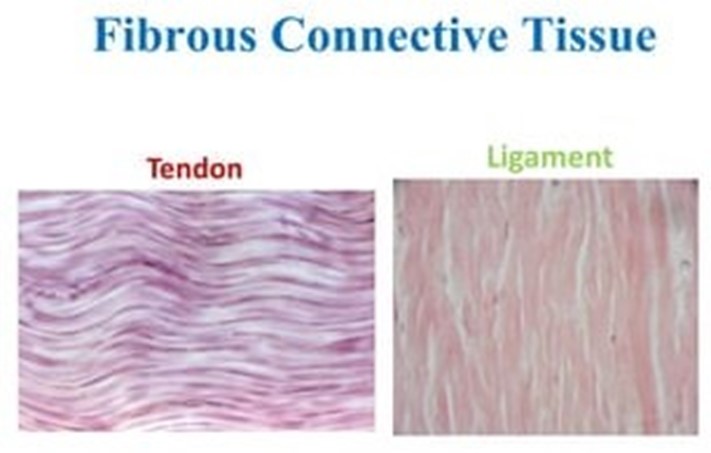During a pharmacology class, the students are told that some drugs need to be closely monitored. What aspect should the nurse closely monitor for in clients who have been administered salicylates, loop diuretics, quinidine, quinine, or aminoglycosides?
Impaired facial movement.
Signs of hypotension.
Tinnitus and sensorineural hearing loss.
Reduced urinary output.
The Correct Answer is C
Tinnitus and sensorineural hearing loss. Salicylates, loop diuretics, quinidine, quinine, or aminoglycosides can cause ototoxicity, which includes tinnitus (ringing in the ears) and sensorineural hearing loss. Therefore, the nurse should monitor the client for auditory changes and report them to the healthcare provider immediately.
Option A, impaired facial movement, is incorrect because it is a sign of facial nerve paralysis, which can occur due to Bell's palsy, stroke, or brain injury.
Option B, signs of hypotension, is incorrect because it can be caused by antihypertensive drugs or dehydration, not the drugs listed.
Option D, reduced urinary output, is incorrect because it can be a sign of acute kidney injury or dehydration, not the drugs listed.
Nursing Test Bank
Naxlex Comprehensive Predictor Exams
Related Questions
Correct Answer is C
Explanation
Tendon. A tendon is a fibrous connective tissue that connects muscle to bone. Musculoskeletal injuries that involve tendons can result from overuse, trauma, or degeneration. Tendinitis, for example, is a common condition characterized by inflammation of a tendon.

Choice A, Joint, is incorrect because a joint is the point of articulation between two or more bones.
Choice B, Cartilage, is incorrect because cartilage is a tough, flexible connective tissue that cushions joints and supports various structures in the body.
Choice D, Ligament, is incorrect because a ligament is a fibrous connective tissue that connects bone to bone and provides stability to joints.
Correct Answer is B
Explanation
Abandon biases that older adults are sexually inactive. Older adults are sexually active and at risk for sexually transmitted infections (STIs). The nurse should not make assumptions about the client's sexual activity based on age.
Option A, older clients who are sexually active have less risk for STIs than other age groups, is incorrect because older adults are at risk for STIs. Option C, older clients know the ways to prevent STIs, may not always be accurate.
Option D, older clients, because of their maturity, are rarely embarrassed to talk about it, is a generalization and may not be true for all older clients.
Whether you are a student looking to ace your exams or a practicing nurse seeking to enhance your expertise , our nursing education contents will empower you with the confidence and competence to make a difference in the lives of patients and become a respected leader in the healthcare field.
Visit Naxlex, invest in your future and unlock endless possibilities with our unparalleled nursing education contents today
Report Wrong Answer on the Current Question
Do you disagree with the answer? If yes, what is your expected answer? Explain.
Kindly be descriptive with the issue you are facing.
